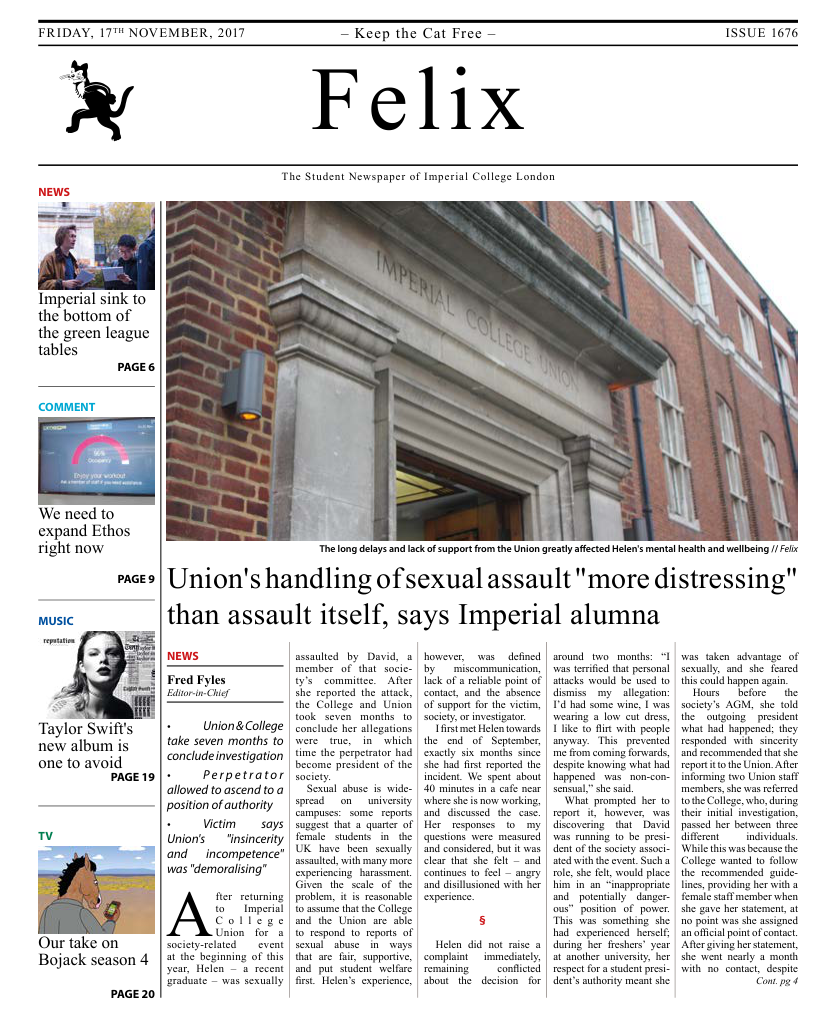Imperial praised for its approach to cheating
Dr Daniel Sokol, Imperial alumnus, recommends use of higher standards of proof when deciding cases of cheating.
Imperial College London has been praised for its approach to cheating, amid rising concerns of plagiarism.
Writing for the Times Higher Education, barrister and Imperial alumnus Dr Daniel Sokol lamented the low standard of proof required to convict students of cheating. A guide by the Quality Assurance Agency for Higher Education published last month recommends verdicts be decided on the balance of probabilities. This is the standard used in civil court cases and means students are found guilty if it is deemed it is more likely than not that they had cheated.
Imperial implements a higher standard of proof, requiring guilt to be established beyond a reasonable doubt – the same standard required in criminal trials. The QAA says this may be appropriate given the seriousness of the offence but could also “be too strict to enable effective decision making”.
Dr Sokol has urged more universities to follow this “enlightened approach”. He argues that although some guilty students may get away with cheating due to this high standard, it also means that fewer innocent students are likely to be convicted.
He told Felix: “Some universities say that students are much more likely to give (cheating) a go because there’s less chance of being convicted, but I haven’t seen any evidence of that.” He also argues the consequences of expelling an innocent student – such as reduced job prospects and emotional and mental distress – are more serious than dishonest students achieving a better grade.
Universities and science minister Jo Johnson last month warned the seriousness of cheating “should not be underestimated”. Contract cheating – where students pay somebody else to write their essays – is on the rise, with one essay-writing company reporting a 20% increase in UK customers over the past two years. Earlier this week, Ohio State University accused 83 students of cheating by using messaging app GroupMe.










